This section is for paid subscribers only. Our subscription is only $3700/- for one full year.
You get unlimited access to all paid section and features on the website with this subscription.
Subscribe to read full article
This section is for paid subscribers only. Our subscription is only $37/- for one full year.
You get unlimited access to all paid section and features on the website with this subscription.
Not ready for a full subscription?
You can access this article for $2, and have it saved to your account for one year.
- Release Date1975
- GenreAction, Crime, Drama
- FormatColour
- LanguageHindi
- Run Time174 min
- Length4761.22 metres
- Number of Reels16
- Gauge35 mm
- Censor RatingU
- Censor Certificate Number76782
- Certificate Date14/01/1975
- Shooting LocationRajkamal Kalamindir, Chandivali Studios
The so callled civilization is nothing but a dense of Walls made of bricks and mortars, appearing tranquil but full of uproar of sighs and sorrows as loud as an explosion.
God, like his creation The Man, has turned a deaf ear to the woes of the suffering humanity. But within these walls dwell some, whose hearts throb with emotions, eyes glitter with tears and lips ready to smile.
Vijay and Ravi, two souls-two brothers, who once shared the joys and sorrows together-had to be separated by a WALL built truth and Justice.
Ravi had in his veins toughness of his father, tender love of his mother and undying affection of his brother. But the Wall of Duty would not allow a re-union.
Vijay had experienced the bitterness of life. He carried the stigma of his father's indiscretion, committed out of love for his wife and children and under duress of blackmail. This stigma could not be washed as it was tatooed on his hand, to be borne till death. Vijay could not forget his life on footpath and the nights of starvation and poverty. The abuses slung at his mother remained imprinted in his heart. Torture and torments turned him into a rebel.
On the other side was Ravi, a believer in the rules of road, conscious of duties to society and law.
This was the Wall, a Wall of dogmas, separating the brothers, each one's opposed to the other's.
The only link of affection between brothers was their Mother. But when she learnt the palace Vijay had built stood on crime and sin, she was full of remorse. All the wealth of Vijay could not lessen her grief. She went with Ravi on the other side of the Wall deserting Vijay on his dide full of misery and loneliness.
A day dawned and this wall crumbled down leaving a void as big as an ocean, which could not be gulfed by all the tenderness, love and affection.
[from the official press booklet]
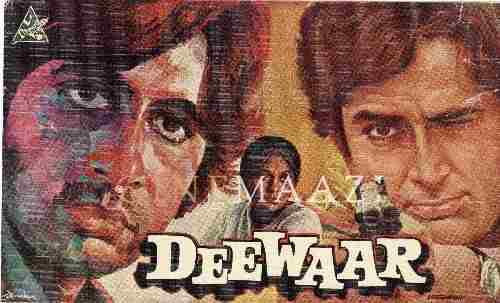
Cast
-
Shashi Kapoor
Ravi Verma -
Amitabh Bachchan
Vijay Verma -
Neetu Singh
Leena Narang -
Nirupa Roy
Sumitra Devi -
Manmohan Krishna
DCP Narang -
Madan Puri
Samant -
Iftekhar
Mulk Raj Dhabaria -
Sudhir
Jaichand -
Jagdish Raj
Jaggi -
Yunus Parvez
Rahim Chacha -
Dulari
Chander's mother -
Sapru
Mr Agarwal -
Parveen Babi
Anita -
A K Hangal
Chander's father -
Raj Kishore
Darpan -
Kamal Kapoor
Anand Verma's employer -
Mohan Sherry
Peter's henchman
Crew
-
BannerTrimurti Films
-
Director
-
Producer
-
Music Director
-
Lyricist
-
Story Writer
-
Screenplay
-
Dialogues
-
Cinematography
-
Editing
-
Sound Recording/ Audiography
-
Art Director/Production Design
-
Production Controller
-
Action Director
-
Make-up
-
Re-recordist/ Sound Mixing
-
Laboratory/ Processed atFilm Center, Bombay
-
Music CompanyPolydor Records
-
Stills
-
Publicist/P.R. O.
-
Production Manager
-
Publicity DesignStudio Diwakar
Films by the same director
Awards
Filmfare Awards, 1976
-
Best Director Award
-
Best Film
-
Best Supporting Actor Award
-
Best Screenplay
-
Best Story
-
Best Dialogue
-
Best Sound Design




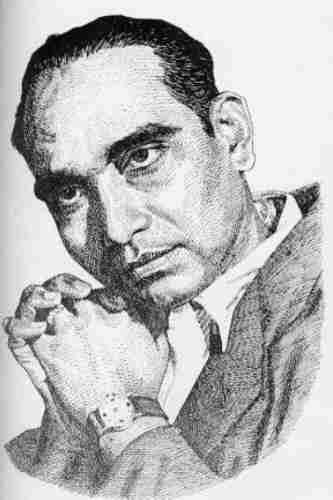
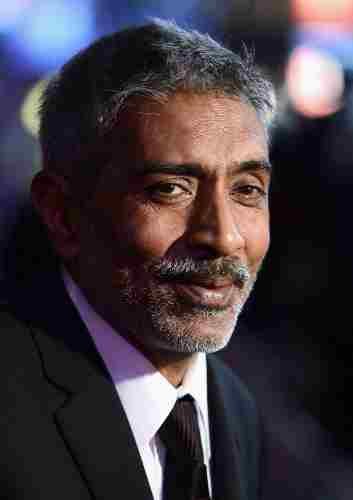
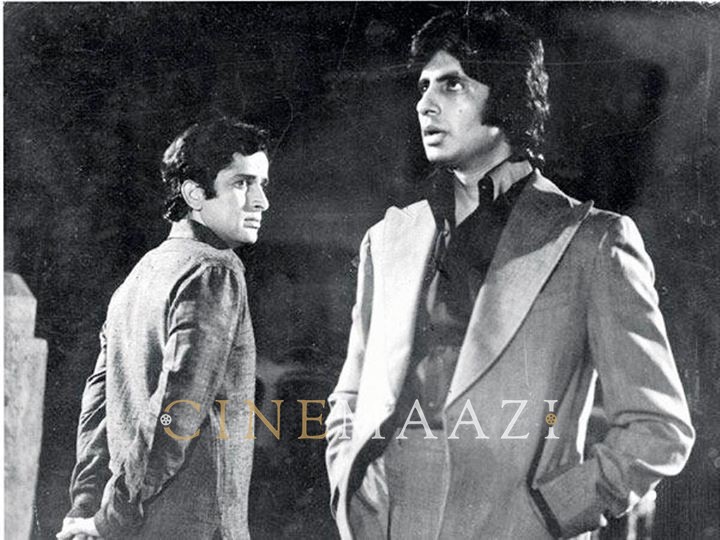
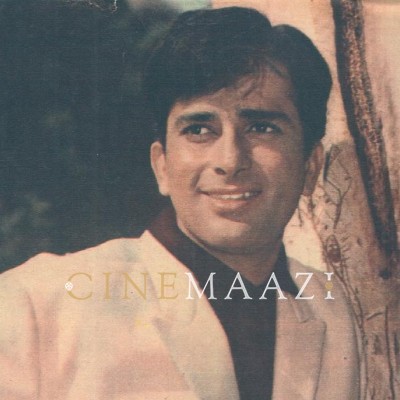
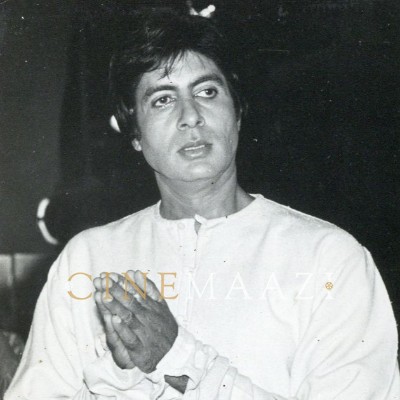

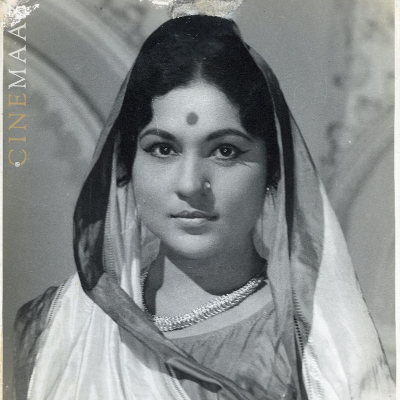
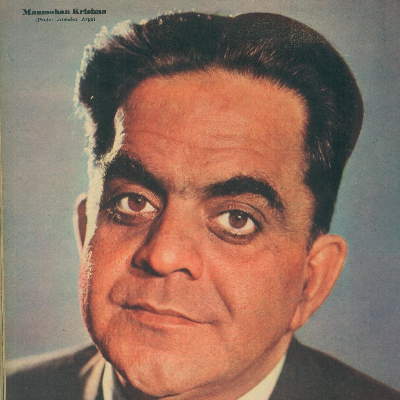
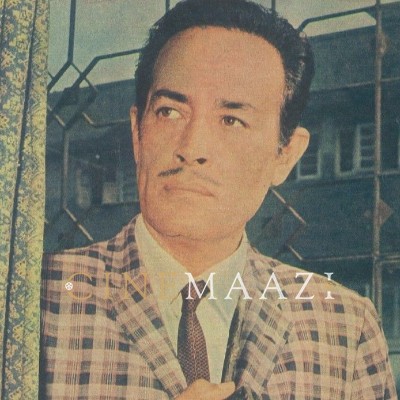
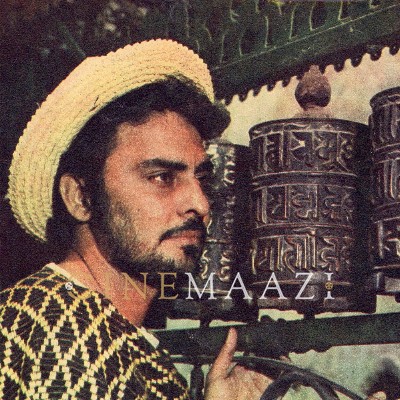

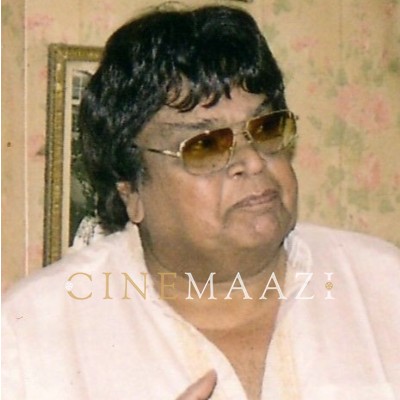
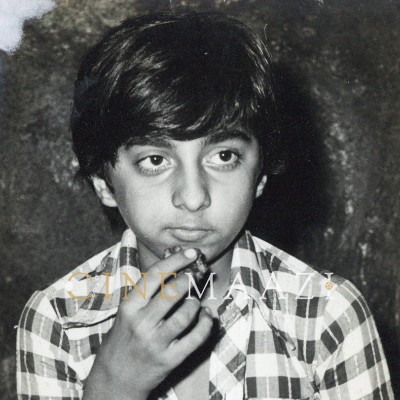

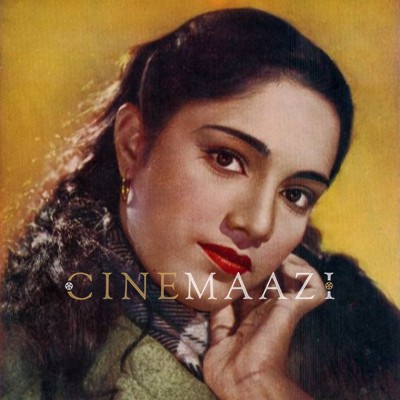
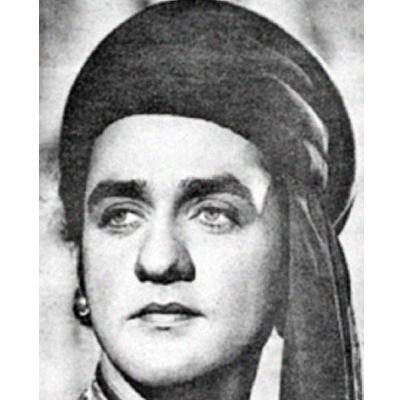
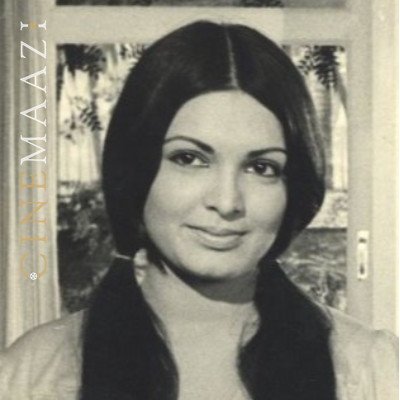
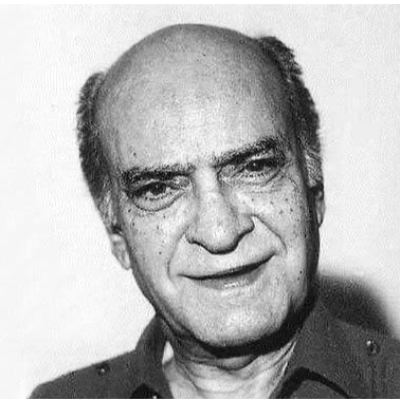
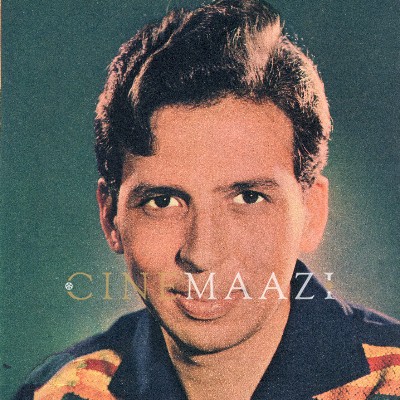
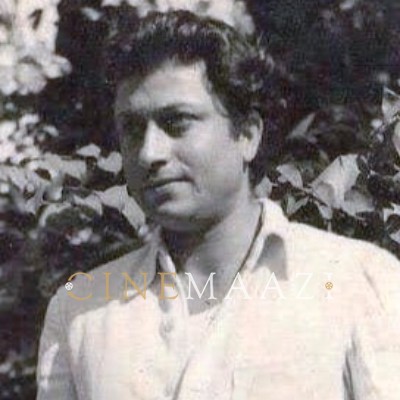
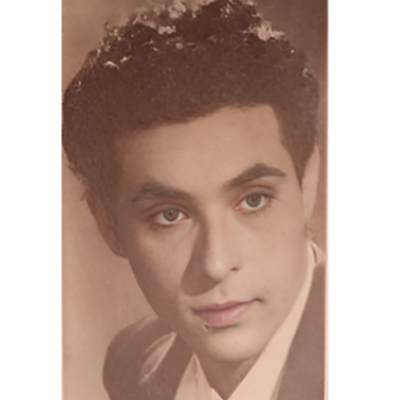
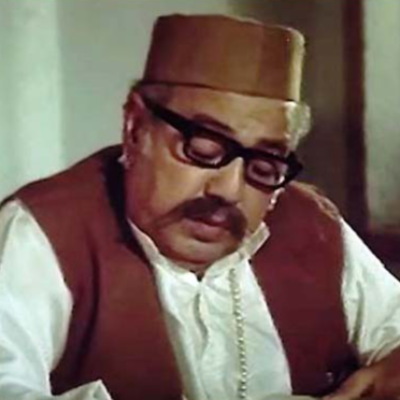
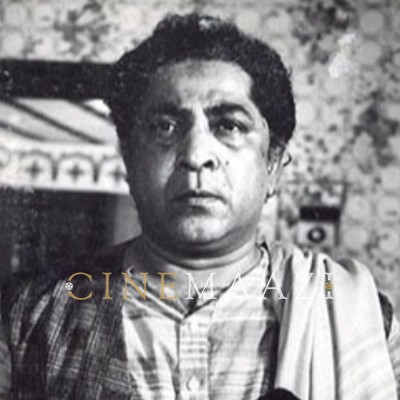
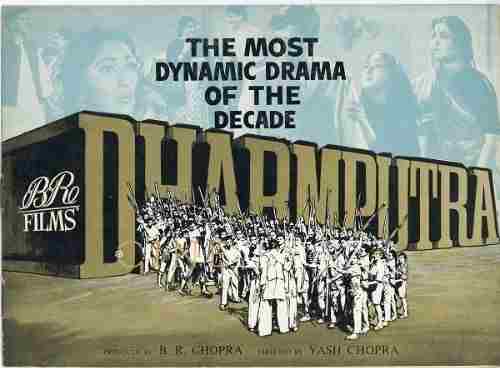
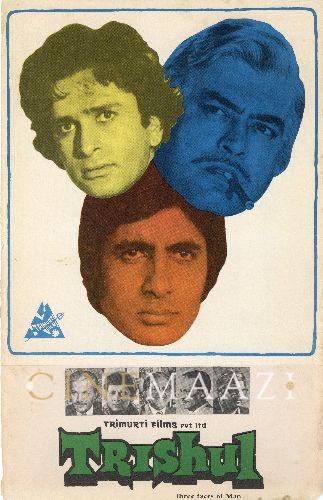
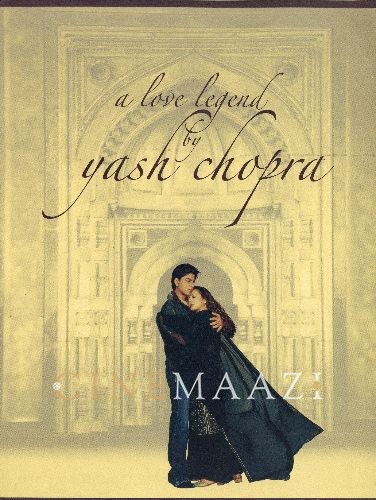

.jpg)



